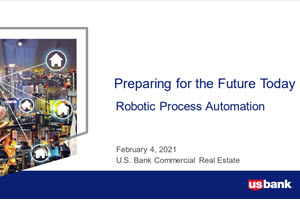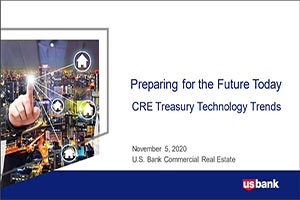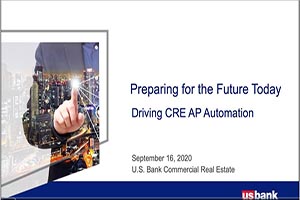As a business owner, you’re busy. You know that tips on time management are often very useful. And everyone else knows it, too. There’s an entire industry of books and seminars devoted to the subject.
Often, busy as you are, you’re trying to add even more to your to-do list. It might seem heroic, but could this actually be counterproductive?
Feeling like you’re in a constant time crunch is stressful — and it prevents you from doing your best work. What if there was a better way?
Take a different perspective on time management skills
You’ve probably been told to manage your time by making to-do lists. Certainly, every small business has priorities, things that absolutely must be done. As a concept, lists can be very helpful.
However, don’t let the list rule you. Take some time to review your list — or your daily routine. Think about what needs to be done, what you’re good at, and compare that to what you’re actually doing. Then, make a list of things not to do.
It might sound a little odd, but think of it this way: Trying to manage everything can be overwhelming. You spend time juggling tasks rather than actually accomplishing the things you need to do. That’s not skilled time management.
Paradoxically, the solution that will help you get things done often involves not doing something. That's right, making a not-to-do list could help you become more efficient.
How to eliminate tasks from your routine
- Delegate: As a small business owner, you’re likely very hands-on. But, for successful growth, you need to let others take on significant responsibility. Make a list of things that you can put someone else in charge of. It can be good for you to realize you can’t be everywhere at once.
- Simply stop or cut back: Some things just aren’t necessary. For example, maybe when you first hired full-time employees, it was worth having a daily half-hour meeting to get up to speed. Now that everyone’s been with the company over a year, is a daily meeting necessary? Maybe once a week is all you need.
- Explore efficiencies: Is there some process or method you’ve been using that’s not as efficient as it could be? By reviewing what you’re trying to achieve with each task, you can determine if your method of getting there is really the most effective. There’s one great example below, where traditional time management skills are put to use.
Case Study: Some help from technology
A number of recent technological innovations have made running your own business easier and more efficient.
For example, managing your finances often means you’ll make at least one trip to the bank every day. This is a task that can really add up over time. But the daily drive may no longer be necessary.
With U.S. Bank, business owners can skip the trip by scanning their checks and depositing funds directly into their accounts. Kris Terp, CEO of 1 Micro LLC, started using this system — and stopped driving to the bank. He calculated it saved him 10 hours a month. That’s 10 hours he could devote to more important things.
Find out how U.S. Bank can help you save time managing your internal and external payments.
































































